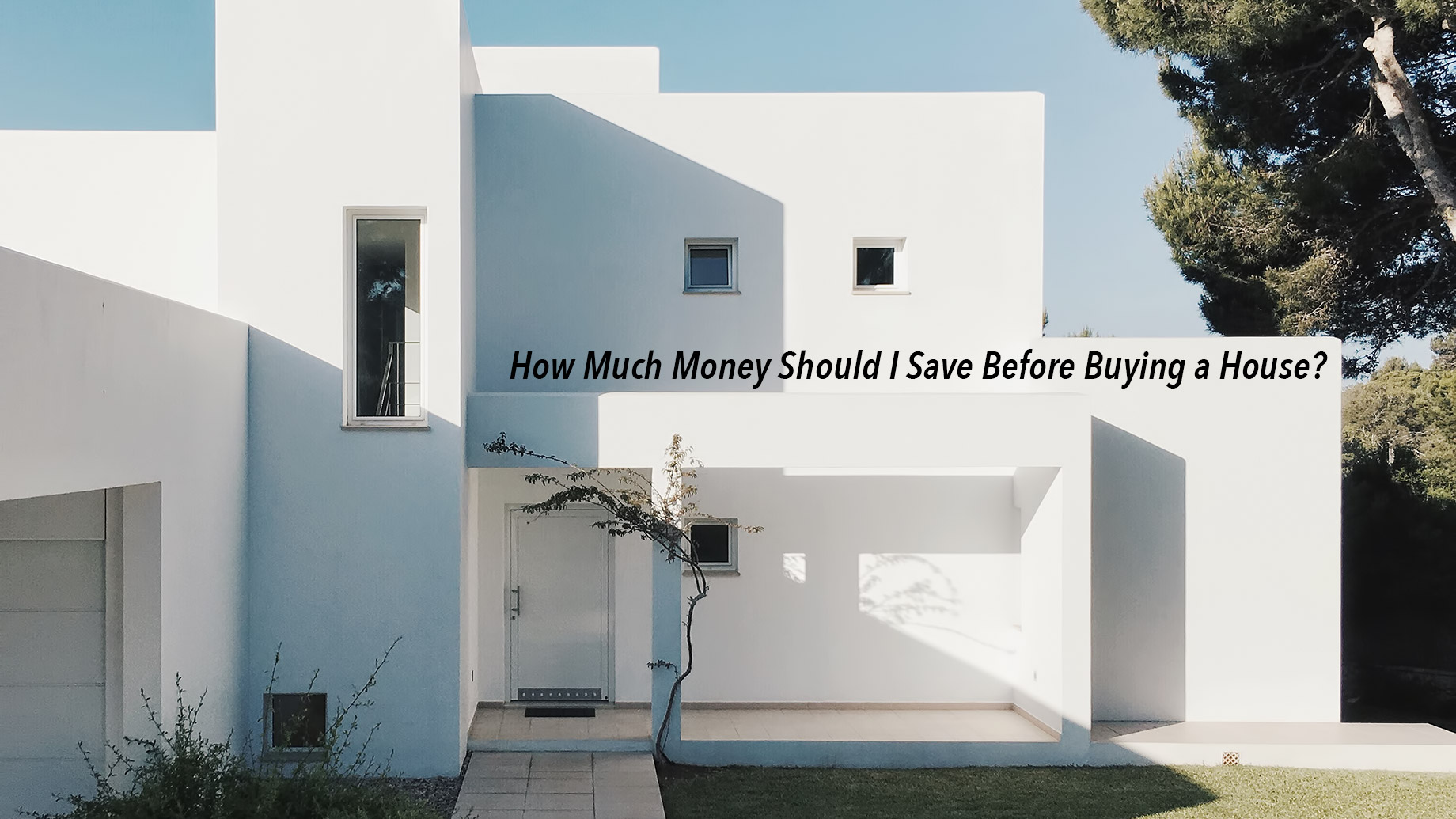
“How much money should I save before buying a house?”
That is the question that many first-time homebuyers ask themselves before they start looking for a new home. If you’re planning on buying a home this year, you’re going to need to come up with a number.
There are a lot of things to consider before you buy a home, and many first time home buyers are caught off-guard by the many expenses that there are beyond the purchase price of the home.
If you’re wondering how much you need to save before you buy a home, keep reading because we’ve got you covered.
How Much Is Your Down Payment?
You’re probably already aware that you need to save up for a down payment. How much do you need to set aside for your down payment?
It depends on who you talk to. Traditionally, you had to save up 20% of the purchase price of the home. With home values increasing and wages remaining stagnant over the last couple of decades, that’s not a realistic number for most Americans.
The average sales price of a home in the U.S. during the first quarter of 2020 is $384,800. You would have to save up $76,960 to put 20% down on a mortgage. That’s hard to come up with when the average income is about $48,000 a year.
There are a variety of programs available that let first time home buyers save up for a down payment. Some states offer matching grant programs that will match the amount of money you save and put those funds towards a down payment.
An FHA loan helps many buyers get approved for a home loan and put down less money for a down payment. If you have good credit, you may only have to put down 3.5% of the purchase price for a down payment. That would mean that you would have to save up to $13,468 to get a home that costs $384,800.
Be sure to explore the grants and opportunities in your area to figure out what you need to save for a down payment. You could wind up paying much less than you initially anticipated.
Closing Costs Are Surprising
Homebuyers get lulled into thinking that there is the purchase price of the home, an offer is made and accepted. They need to get the loan approved and pay the down payment, and that’s the transaction.
The truth is that a real estate transaction is complicated. It goes through many hands and the fun really begins when an offer is made and accepted.
These steps all have costs attached to them, and you need to prepare and save for them.
Lender Fees
Your lender doesn’t just make money on the interest of the loan. There are usually fees that the lender will roll into administrative costs of approving the loan. These are underwriting fees, a credit check fee, and an application fee.
These are usually smaller fees. A credit check shouldn’t be more than $50, and about $100 for administrative costs.
The largest fee that lenders will charge is the origination fee. This is on top of the administrative costs. Expect to pay about 1% of the loan for the origination fee, which is to be paid at closing.
Appraisal and Inspections
Lenders typically require that the home value is appraised by a third-party to ensure you’re not paying too much for the home.
Lenders have to make sure that they will recover the loan and make a profit from the loan. When they lend money to a home that’s overvalued, it will be harder to recover the money. You’re also going to have difficulty making money when you sell the home. An inspection has to be done to make sure the home is structurally intact. This is to protect you from any surprises and sudden repairs.
These costs are the responsibility of the buyer. You should expect to pay between $500 and $1000 for the appraisal and about $500 for a home inspection.
Title Fees
The home sale is all about the title. That document says who owns the home and whether or not anyone has a financial claim on the home.
A title search needs to be conducted to make sure the seller does have a right to sell the home and the title is clean.
You don’t want to find out later that there’s a tax lien on the title of the home that you would have to pay for.
PMI Costs
If you do pay less than 20% for a down payment, the lender will require private mortgage insurance. This is a monthly cost that’s attached to your mortgage payments.
Taxes
The amount of taxes owed will depend on the location of the home. There may be transfer taxes and you may have to reimburse the seller for property taxes made on the property.
Shopping for a Home
Now that you understand how much you should save for buying a home, it’s time to start shopping for a home.
You want to start with your budget while keeping all of the upcoming costs in mind. You don’t want to overspend, yet you want to make sure you have a home that fits with your needs.
How Much Money Should I Save Before Buying a House?
This question is the first question you should ask when you’re thinking of buying a home. You have to look beyond the purchase price and the down payment of the home.
How much money should I save before buying a house? It depends on your location and how much you plan to spend on the home. You’ll have to have the down payment, loan fees, and pay for the inspection, title fee, and appraisals.
Check out the listings section of this site for the latest luxury listings.